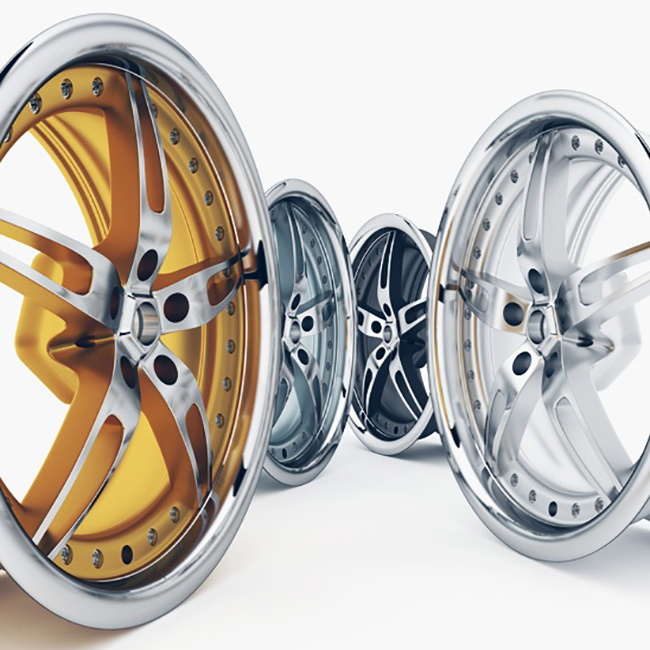Δεκ . 15, 2024 11:59 Back to list
hydraulic cylinder wipers
The Importance of Hydraulic Cylinder Wipers in Industrial Applications
Hydraulic cylinders are vital components in various industrial machinery and equipment, providing the necessary force for lifting, pushing, and pulling tasks. However, their efficiency and longevity heavily depend on the proper functioning of hydraulic cylinder wipers. These seemingly simple components play a crucial role in maintaining the hydraulic system’s integrity and ensuring optimal performance.
Understanding Hydraulic Cylinder Wipers
Hydraulic cylinder wipers, also known as rod seals or dust seals, are designed to prevent contaminants, such as dirt, dust, and moisture, from entering the cylinder. Positioned at the end of the hydraulic cylinder, these wipers create a barrier that keeps foreign particles away from the hydraulic fluid and the inner workings of the cylinder. This is essential because the presence of contaminants can lead to wear and tear, resulting in reduced performance and a shorter lifespan of the hydraulic system.
Functions of Hydraulic Cylinder Wipers
1. Contaminant Barrier The primary function of hydraulic cylinder wipers is to act as a seal that blocks dirt and other foreign materials from the environment. This prevents abrasive particles from entering the cylinder rod, which can cause scratches, surface degradation, and eventual system failure.
2. Fluid Retention Wipers also play a critical role in retaining hydraulic fluid within the cylinder. This ensures that the hydraulic system operates efficiently, maintaining the necessary pressure and fluid dynamics required for various applications.
3. Preventing Leakage By providing a tight seal around the cylinder rod, wipers help prevent hydraulic fluid leakage. This not only conserves fluid but also minimizes the risk of environmental contamination and reduces operational costs associated with fluid loss.
Selection of Hydraulic Cylinder Wipers
hydraulic cylinder wipers

When it comes to selecting hydraulic cylinder wipers, several factors must be considered
1. Material Wipers can be made from various materials, including rubber, polyurethane, and thermoplastic elastomers. Each material has its unique properties that make it suitable for specific applications. For instance, polyurethane wipers are known for their durability and resistance to wear, making them ideal for high-pressure systems.
2. Design Wipers come in different designs, catering to various cylinder types and operating conditions. Some designs feature additional grooves or shapes that enhance their sealing capabilities. It's essential to choose a design that fits the specific dimensions and operational requirements of the hydraulic cylinder.
3. Operating Conditions The environment in which the hydraulic cylinder operates greatly influences the selection of wipers. Factors such as temperature extremes, exposure to chemicals, and the presence of high dust levels must be evaluated to ensure optimal performance and longevity.
Maintenance and Replacement
Regular maintenance of hydraulic cylinder wipers is crucial to sustaining system performance. Operators should routinely inspect wipers for signs of wear or damage, as these can compromise their sealing capabilities. Replacing worn or damaged wipers promptly can prevent costly repairs and extensive downtime, ensuring the hydraulic system operates smoothly.
Conclusion
Hydraulic cylinder wipers are indispensable components that contribute significantly to the efficiency and longevity of hydraulic systems. By preventing contamination, retaining fluid, and minimizing leakage, they ensure that hydraulic cylinders function optimally under various operating conditions. Proper selection, maintenance, and timely replacement of hydraulic cylinder wipers are essential practices for any industry relying on hydraulic systems. By paying attention to these critical components, industries can enhance productivity and reduce operational costs, leading to more efficient and sustainable operations.
-
TCN Oil Seal Metal Ring Reinforcement for Heavy Machinery
NewsJul.25,2025
-
Rotary Lip Seal Spring-Loaded Design for High-Speed Applications
NewsJul.25,2025
-
Hydraulic Cylinder Seals Polyurethane Material for High-Impact Jobs
NewsJul.25,2025
-
High Pressure Oil Seal Polyurethane Coating Wear Resistance
NewsJul.25,2025
-
Dust Proof Seal Double Lip Design for Construction Equipment
NewsJul.25,2025
-
Hub Seal Polyurethane Wear Resistance in Agricultural Vehicles
NewsJul.25,2025
-
The Trans-formative Journey of Wheel Hub Oil Seals
NewsJun.06,2025
Products categories
















